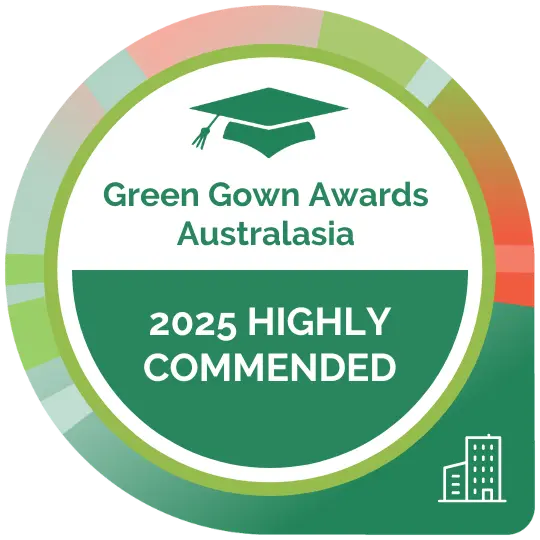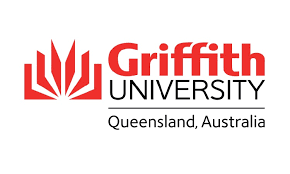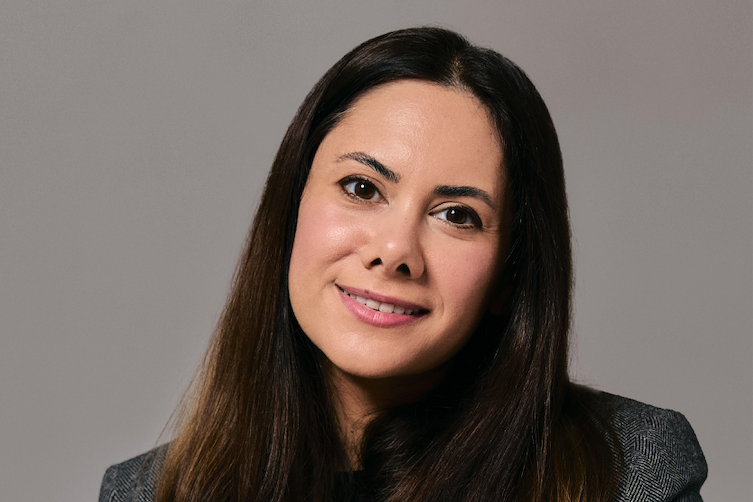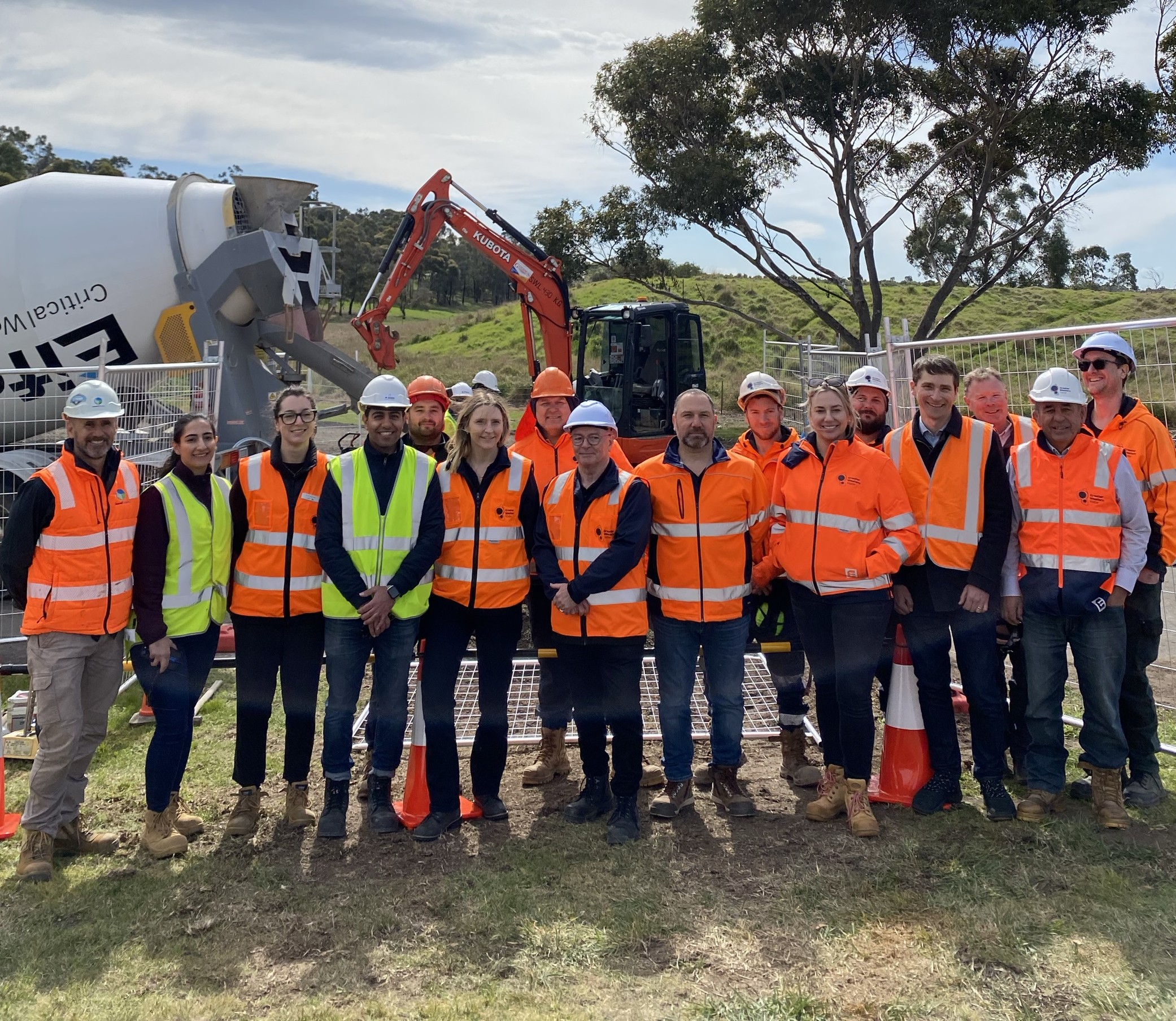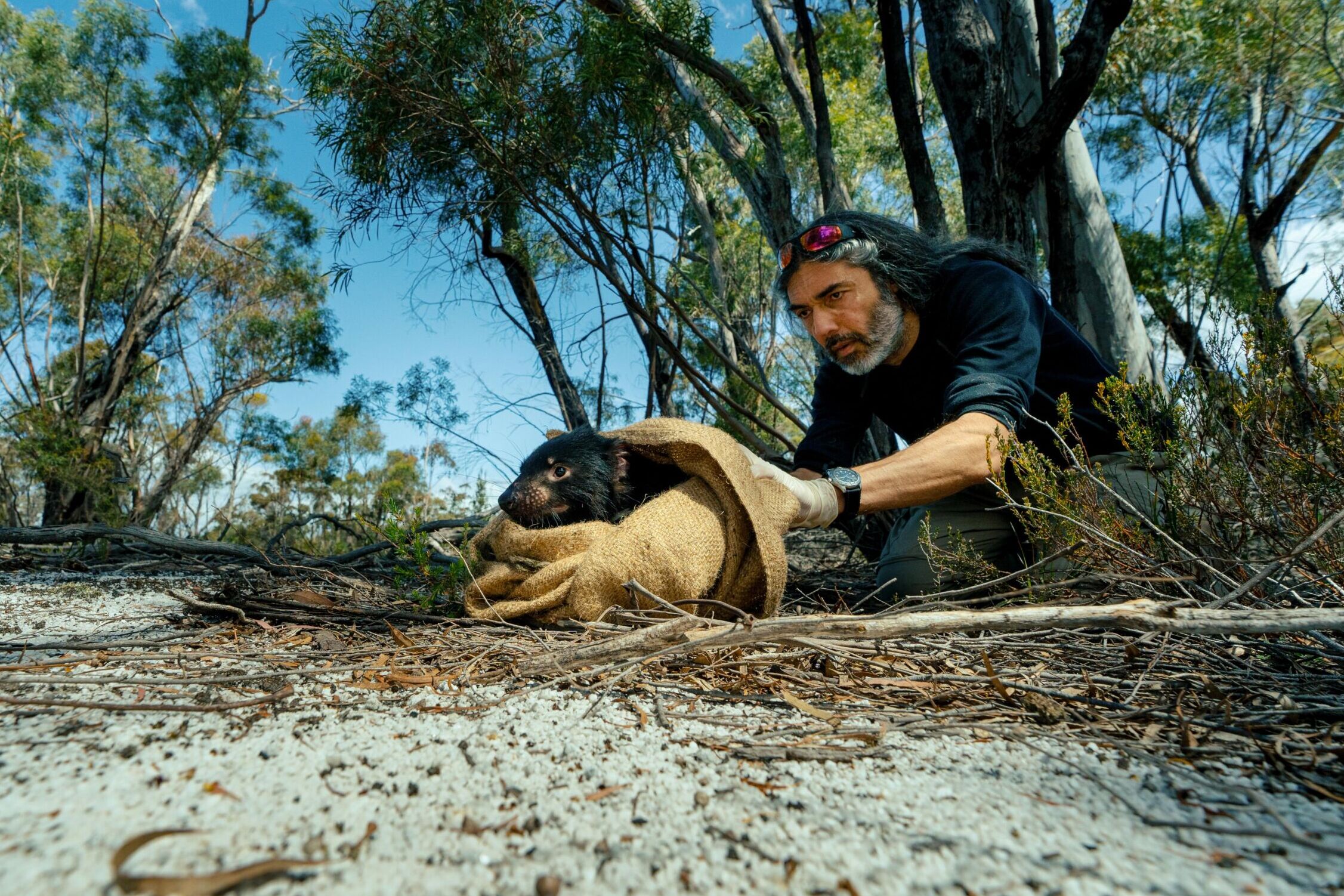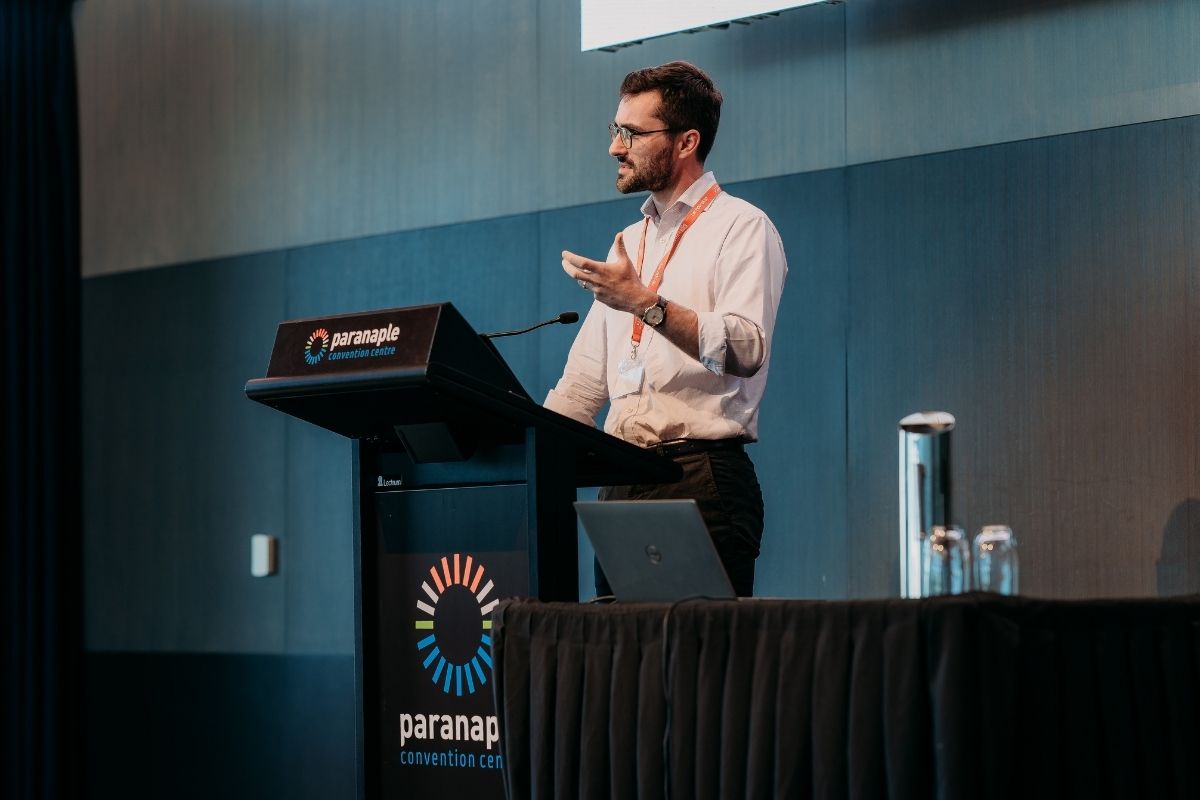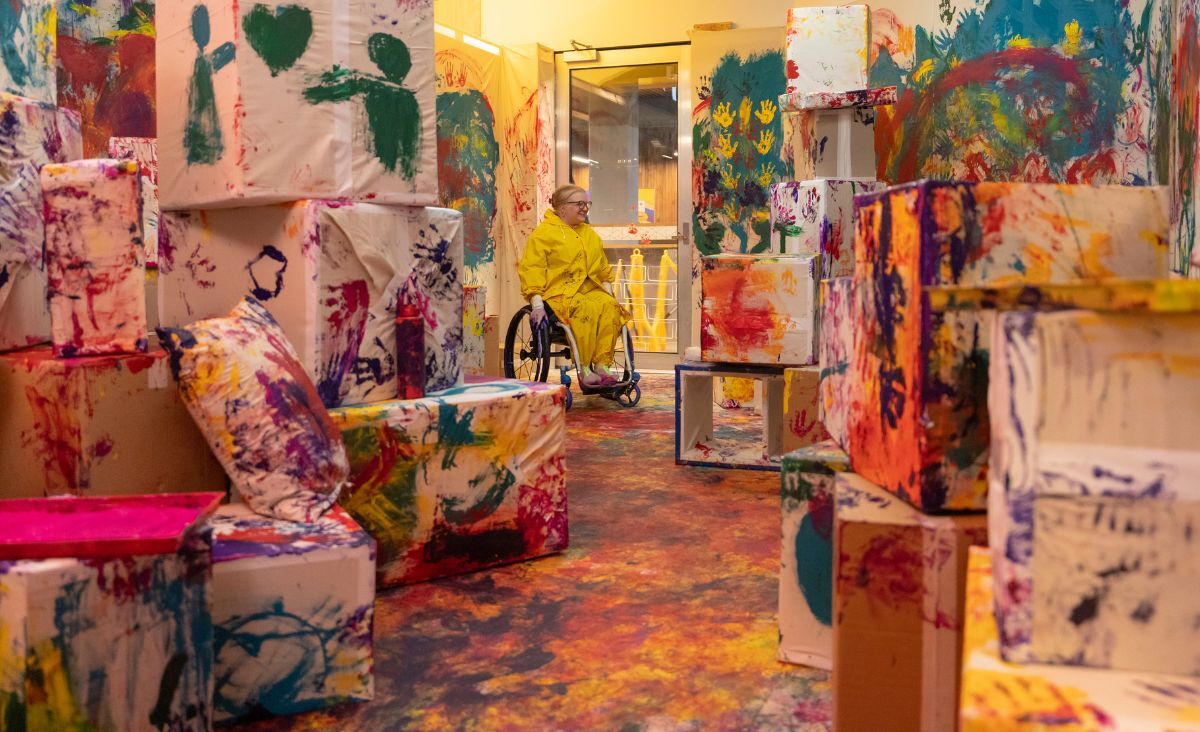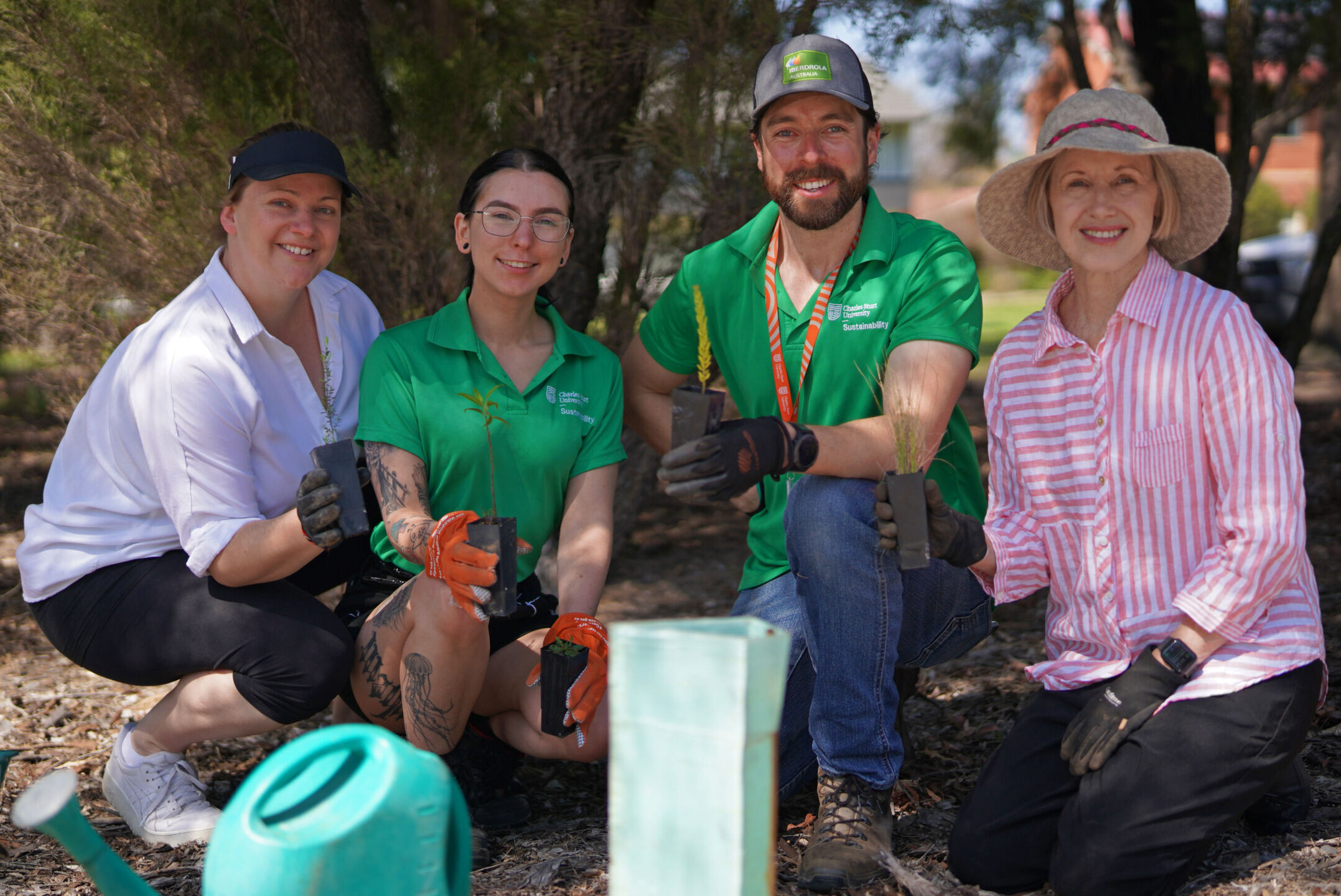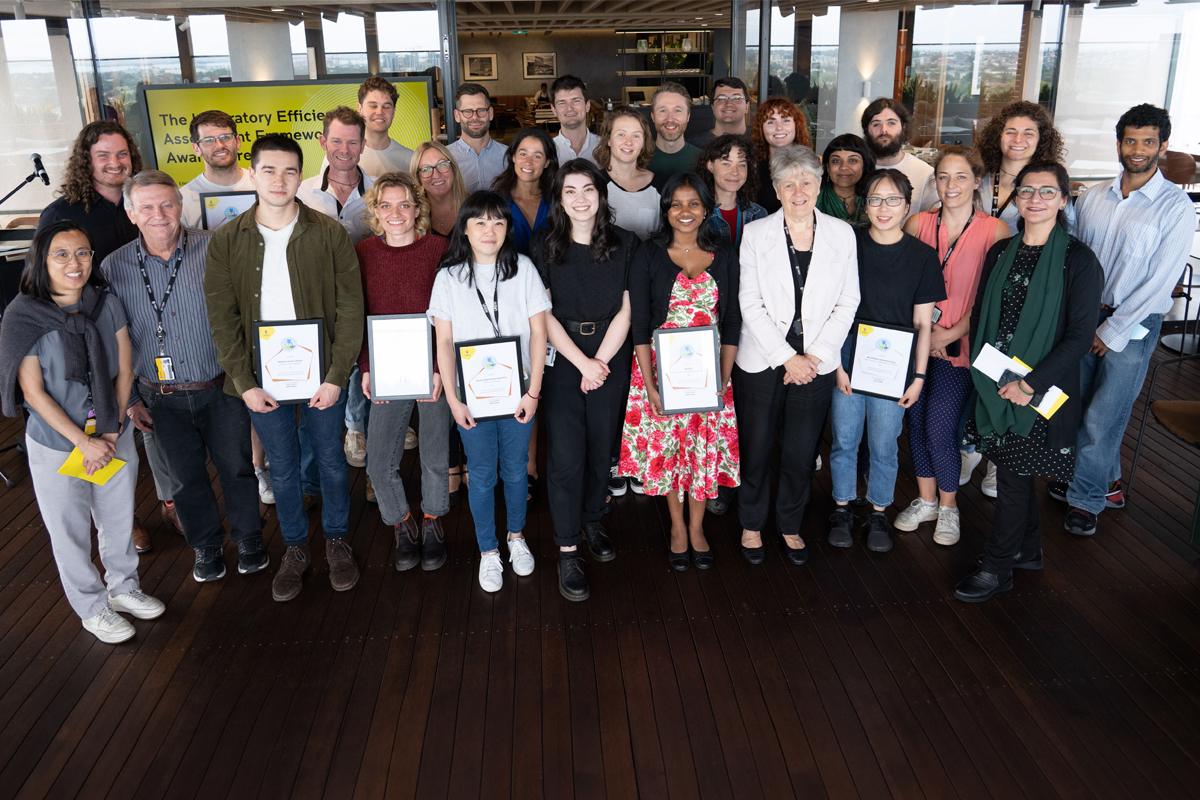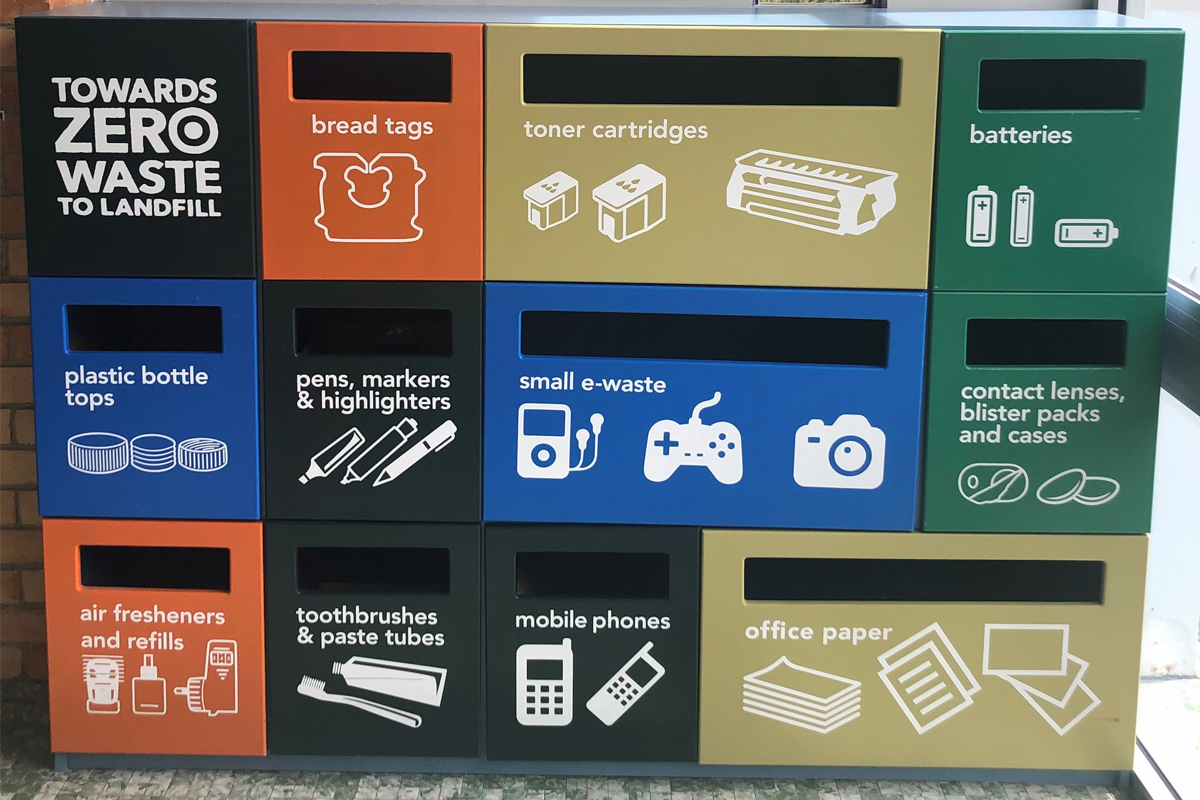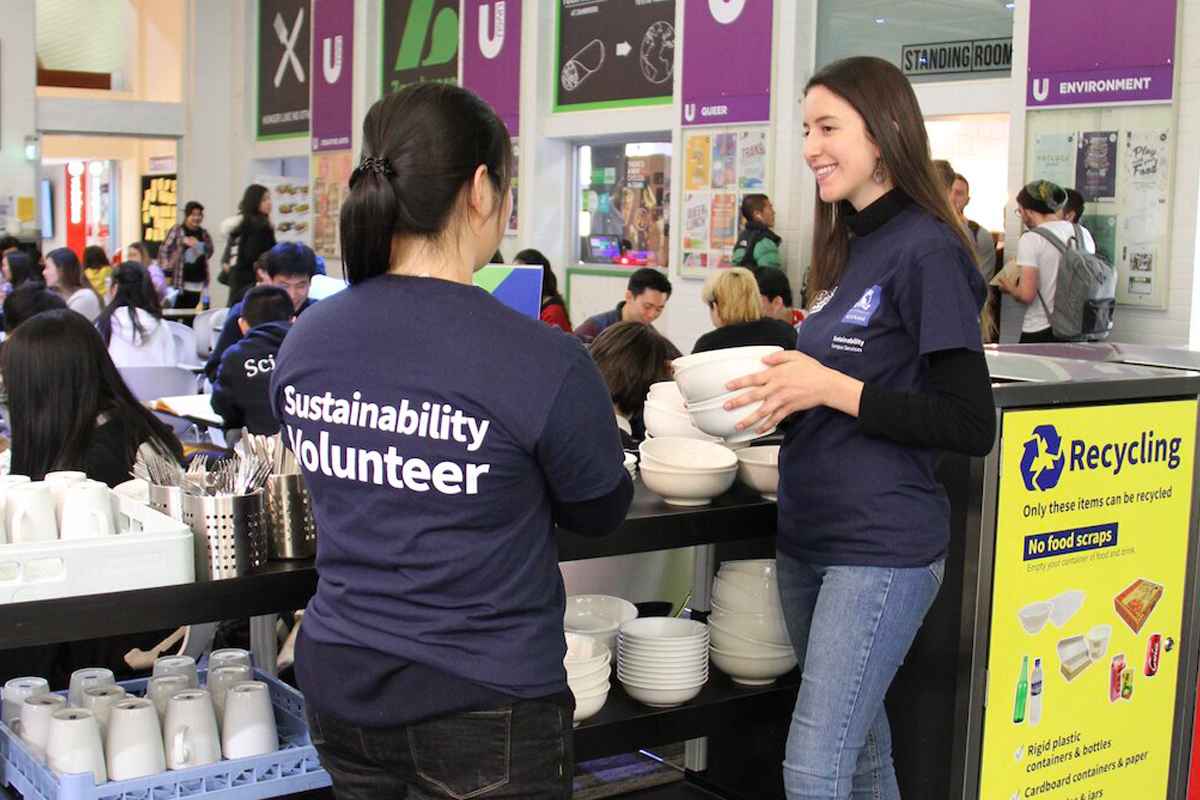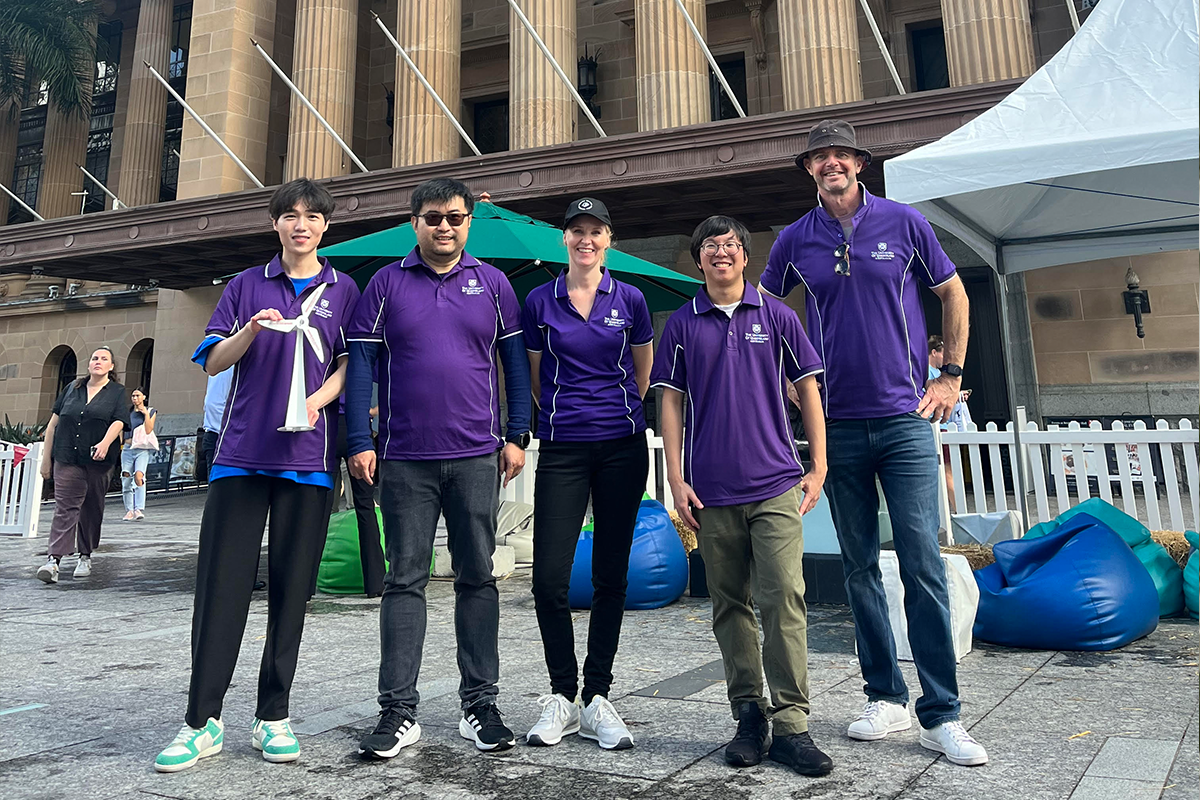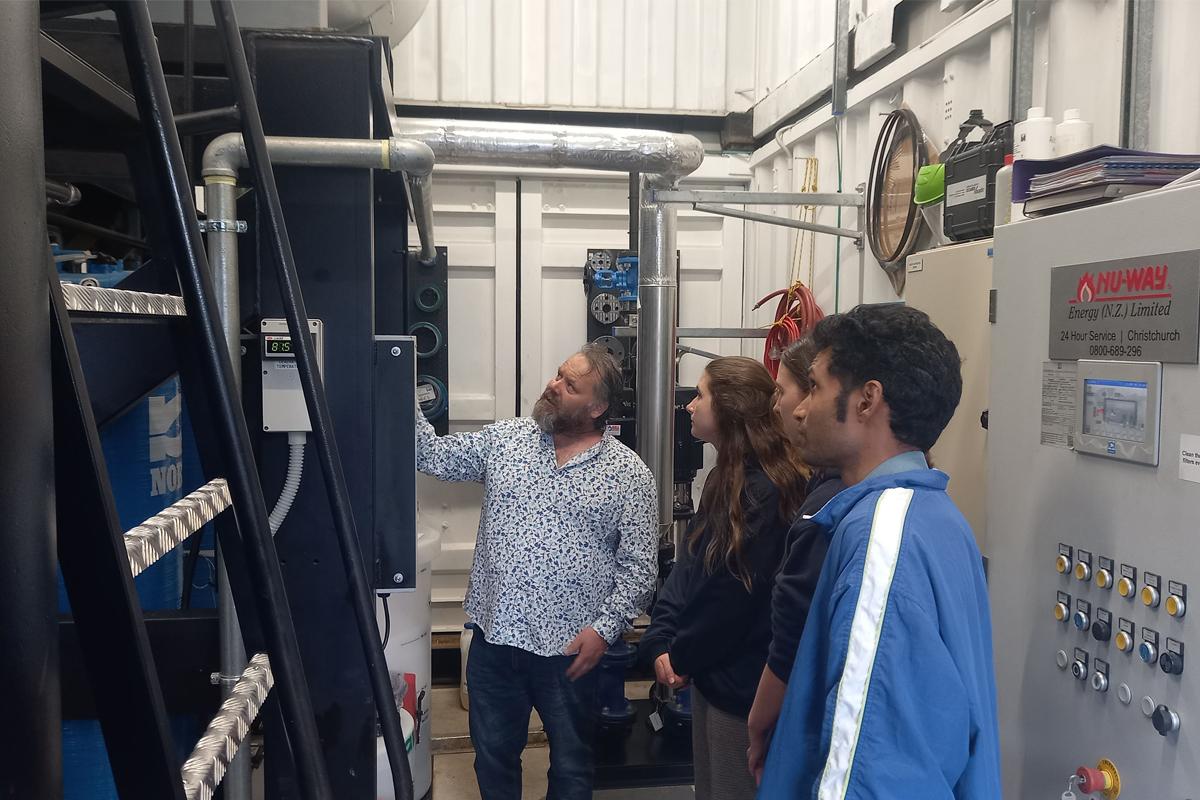Student Champion/Winner category
Yue Xi is a PhD candidate in Social Marketing whose research tackles one of the world’s fastest-growing waste challenges: e-waste. Through innovative, theory-based campaigns, Yue has successfully diverted more than 2 tonnes of e-waste from landfill and helped triple battery drop-off rates in partnership with Sunshine Coast Council. Using a co-designed, community-led approach grounded in behavioural science, her work demonstrates how research can translate into tangible environmental, social and economic impact. Yue’s leadership bridges academia and practice, empowering communities to adopt safer, more sustainable waste behaviours.

Impacts and Benefits
- Diverted over 1.9 tonnes of e-waste from landfill through campus-based interventions.
- Tripled safe battery disposal rates across 40+ drop-off locations in the Sunshine Coast region.
- Raised public awareness of safe e-waste and battery disposal practices.
- Delivered practical, scalable solutions grounded in behavioural science theory and systems thinking.
- Estimated environmental, public health, and resource recovery benefits exceeding $10,000 per tonne (midpoint) of e-waste.
- Supported the circular economy by recovering valuable materials such as lithium, cobalt, and gold.
Leadership and Engagement
- Led two major case studies applying advanced social marketing frameworks.
- Engaged over 600 stakeholders across local government, universities, social enterprises, and communities.
- Applying Co-Create-Build-Engage (CBETM) framework, we designed and evaluated a 6-week campus pilot in reducing e-waste from landfill.
- Using the Creating Collective Solutions (CCS) method, we engaged the local community and industrial partners over 12 weeks, generating more than 130 actionable strategies and later informed the council campaign on safe battery disposal.
- Embedded multi-disciplinary participatory design, equity and inclusion across all initiatives—supporting autistic youth and creating volunteering and job opportunities.
- Bridged academics and practitioners to deliver interventions at scale with tangible benefits, not just in academic settings.
Wider Societal Impact
- Provides a replicable model for organisations and institutions such as local governments, universities, and communities across Australia and beyond.
- Contributes to multiple SDGs, particularly SDG 12 (Responsible Consumption and Production) and SDG 17 (Partnerships for the Goals).
- Demonstrates the economic value of battery and e-waste recovery—supporting a more sustainable, circular future.
Supported by

Related finalists
Staff Champion/Winner
Staff Champion/Winner
Leading the Circular Economy/Winner
Leading the Circular Economy/Winner
Nature Positive/Winner
Nature Positive/Winner
Benefitting Society/Winner
Benefitting Society/Winner
Creating Impact/Winner
Creating Impact/Winner
Staff Champion/Winner
Staff Champion/Winner
Sustainability Institution of the Year/Winner
Sustainability Institution of the Year/Winner
Leading the Circular Economy/Winner
Leading the Circular Economy/Winner
Diversity Equity & Inclusion/Winner
Diversity Equity & Inclusion/Winner
Student Champion
Student Champion
Student Champion
Student Champion
Nature Positive/Winner
Nature Positive/Winner
Student Champion
Student Champion
Sustainability Leadership/Winner
Sustainability Leadership/Winner
Next Generation Learning & Skills/Winner
Next Generation Learning & Skills/Winner
Nature Positive/Winner
Nature Positive/Winner
Next Generation Learning & Skills/Winner
Next Generation Learning & Skills/Winner
Student Champion/Winner
Student Champion/Winner
Student Engagement/Winner
Student Engagement/Winner
Past Winners
Creating Impact/Winners
Creating Impact/Winners
Leading the Circular Economy/Winners
Leading the Circular Economy/Winners
Leading the Circular Economy/Winners
Leading the Circular Economy/Winners
Next Generation Learning & Skills/Winners
Next Generation Learning & Skills/Winners
Next Generation Learning & Skills/Winners
Next Generation Learning & Skills/Winners
Next Generation Learning & Skills/Winners
Next Generation Learning & Skills/Winners
Yue Xi is a PhD candidate in Social Marketing whose research tackles one of the world’s fastest-growing waste challenges: e-waste. Through innovative, theory-based campaigns, Yue has successfully diverted more than 2 tonnes of e-waste from landfill and helped triple battery drop-off rates in partnership with Sunshine Coast Council. Using a co-designed, community-led approach grounded in behavioural science, her work demonstrates how research can translate into tangible environmental, social and economic impact. Yue’s leadership bridges academia and practice, empowering communities to adopt safer, more sustainable waste behaviours.

Impacts and Benefits
- Diverted over 1.9 tonnes of e-waste from landfill through campus-based interventions.
- Tripled safe battery disposal rates across 40+ drop-off locations in the Sunshine Coast region.
- Raised public awareness of safe e-waste and battery disposal practices.
- Delivered practical, scalable solutions grounded in behavioural science theory and systems thinking.
- Estimated environmental, public health, and resource recovery benefits exceeding $10,000 per tonne (midpoint) of e-waste.
- Supported the circular economy by recovering valuable materials such as lithium, cobalt, and gold.
Leadership and Engagement
- Led two major case studies applying advanced social marketing frameworks.
- Engaged over 600 stakeholders across local government, universities, social enterprises, and communities.
- Applying Co-Create-Build-Engage (CBETM) framework, we designed and evaluated a 6-week campus pilot in reducing e-waste from landfill.
- Using the Creating Collective Solutions (CCS) method, we engaged the local community and industrial partners over 12 weeks, generating more than 130 actionable strategies and later informed the council campaign on safe battery disposal.
- Embedded multi-disciplinary participatory design, equity and inclusion across all initiatives—supporting autistic youth and creating volunteering and job opportunities.
- Bridged academics and practitioners to deliver interventions at scale with tangible benefits, not just in academic settings.
Wider Societal Impact
- Provides a replicable model for organisations and institutions such as local governments, universities, and communities across Australia and beyond.
- Contributes to multiple SDGs, particularly SDG 12 (Responsible Consumption and Production) and SDG 17 (Partnerships for the Goals).
- Demonstrates the economic value of battery and e-waste recovery—supporting a more sustainable, circular future.
Supported by

Related finalists
Nature Positive/Winner
Nature Positive/Winner
Next Generation Learning & Skills/Winner
Next Generation Learning & Skills/Winner
Sustainability Leadership/Winner
Sustainability Leadership/Winner
Other finalists
Creating Impact
Creating Impact
Sustainability Champion – Staff/Winners
Sustainability Champion – Staff/Winners
Sustainability Champion – Student
Sustainability Champion – Student

